Bolivians are expected to bring the curtain down on two decades of left-wing rule in Sunday's presidential elections, with two right-wing frontrunners promising radical changes to end a deep economic crisis.
Nearly 20 years after South America's longest-serving president, Evo Morales, was elected on a promise of socialist revolution, the Andean country is running on empty.
Widespread shortages of dollars, fuel and basic foodstuffs have left some Bolivians worse off than before Morales took over, from 2006 to 2019.
Polls predict electoral catastrophe for the ruling Movimiento al Socialismo ("Movement towards Socialism," MAS), which survived the fall of many leaders in Latin America's "Pink Tide" – a wave of left-wing governments across the region.
Summing up the mood of many, 70-year-old left-wing voter Carlos Tavera said he would back the leading opposition candidate, even if it meant voting for the right.
"Anyone else would be better than this," he told AFP in the capital La Paz.
Across the country, in the opposition stronghold of Santa Cruz, Freddy Millan presented the election as a referendum on "socialism."
"A vast majority wants change," the 53-year-old engineer told AFP, declaring Bolivia had hit "rock bottom."
Centre-right business tycoon Samuel Doria Medina, one of Bolivia's richest men, and conservative ex-president Jorge 'Tuto' Quiroga, have stretched their lead over their six rivals in the final days of the campaign.
The two perennial presidential candidates are neck-and-neck in opinion polls, with around 20 percent.
They have vowed to close loss-making public companies, stop subsidizing fuel and open the country to foreign investment.
They have also promised to seek closer ties with the United States and give authoritarian leftist governments in Venezuela, Cuba and Nicaragua, traditional Bolivian allies, a wide berth.
With no candidate on course to win an outright majority on Sunday, the election will likely go to a run-off between the two top candidates on October 19.
'No-one else to blame'
In a sign of the degree to which Bolivians have soured on the left, the candidate of the ruling MAS party and a rival leftist senator are both polling in the single digits.
After nearly 20 years in power, "the government simply has no one else to blame," Pablo Calderón Martínez, a researcher at Northeastern University in London, argued.
During Morales's heyday in the 2010s, the mood was very different.
Bolivia, which has Latin America's second-biggest natural gas deposits, was flush with cash from a commodities boom.
Morales ploughed the proceeds into social programmes that halved extreme poverty levels.
But years of state underinvestment in exploration have taken a toll.
Gas revenues have collapsed, falling from a peak of US$6.1 billion in 2013 to US$1.6 billion last year, far short of what Bolivia needs to pay for fuel and other imports.
Annual inflation rose to 24.8 percent in July, the highest level since at least 2008.
President Luis Arce, who is not seeking re-election, has warned the country risks defaulting on its debt unless it receives an international bailout.
Several young people AFP interviewed in La Paz said they believed only Doria Medina, 66, or Quiroga, 65, had the experience to turn the country around.
Painful road ahead
Morales's attempt to stage a comeback, despite being barred from seeking a fourth term, has cast a shadow over the election.
The 65-year-old, who still enjoys significant support among indigenous Bolivians, is wanted by police in connection with his alleged sexual relationship with a teenage girl while in office.
From his hideout in central Bolivia's coca-growing region, he has clashed with Arce and urged his supporters to spoil their ballots.
His attacks on the election, coupled with strong grassroots resistance to potentially painful austerity measures, have led to fears of a repeat of the violence that marred his ouster in 2019.
Glaeldys González Calanche, an expert on Bolivia at the International Crisis Group think tank, said that many Bolivians nonetheless appeared prepared for a degree of austerity.
"The gravity of the crisis has made many people more open to these changes," she said.
related news
by Gonzalo Torrico and Clare Byrne, AFP















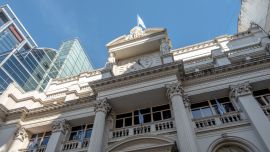
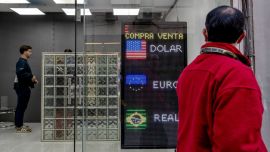

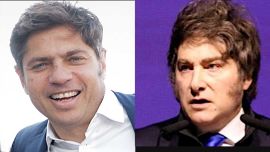
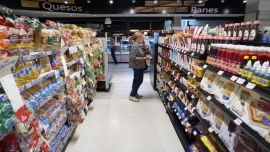

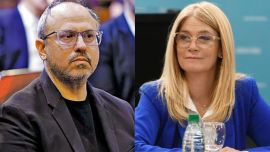

Comments